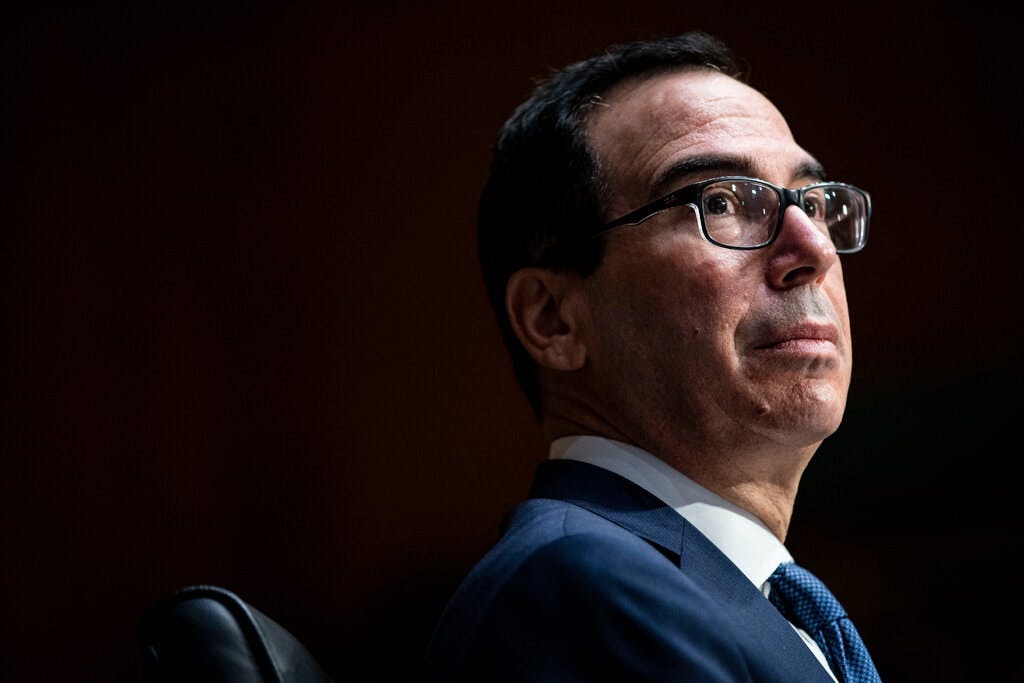 New York Times
New York Times
Legacy on the Line, Mnuchin Gambles by Ending Fed Programs
In his third floor office in the Treasury Department, Steven Mnuchin, the Treasury secretary, keeps for posterity a stack of documents that he signed in March authorizing the Federal Reserve’s emergency lending programs as the pandemic roiled financial markets.
The programs — which funnel money to corporations, midsize businesses and municipalities — were announced in a frenzied few days, with Congress ultimately providing $454 billion to the Treasury to help absorb any losses. The central bank’s willingness to intervene soothed investors and helped prevent the health and economic crises from melting down the financial system. Stabilizing the markets in the middle of the crisis with little cost to the federal government has been a point of pride for Mr. Mnuchin.
Read more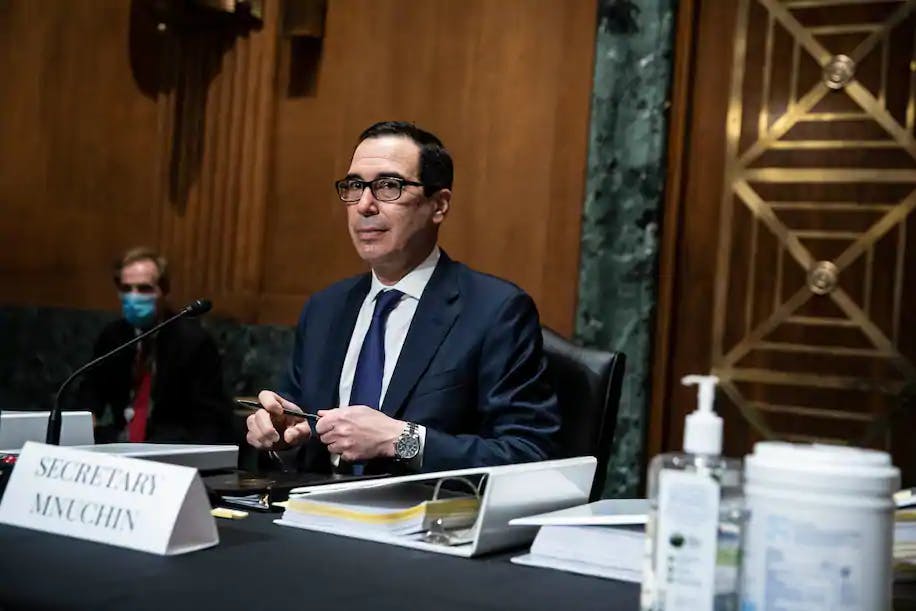 Washington Post
Washington Post
Mnuchin defends controversial loan to private equity-backed firm in contentious Hill testimony
Republicans and Democrats in Congress grilled Treasury Secretary Steven Mnuchin on Thursday over his agency’s $700 million loan to a troubled trucking company backed by a massive private equity company with White House ties.
The Treasury Department made the loan to YRC Worldwide in July under a program authorized by Congress to help companies critical to national security suffering because of the coronavirus pandemic. The Congressional Oversight Commission, which is scrutinizing Treasury’s loans, has said the loan to YRC is suspect because the company is not critical to the nation’s defense and was struggling long before the pandemic.
Read more Bloomberg
Bloomberg
Banks Keep Funneling Billions Into Polluting Energy Projects
Almost five years after countries signed the landmark Paris Agreement on climate change, financial institutions are still providing billions of dollars to companies extracting and burning the earth’s most-polluting resources.
Since the start of 2016, banks extended more than $1.6 trillion of loans and underwriting services to fossil-fuel companies planning and developing oil, gas and coal projects, according to a joint report by 18 climate organizations published on Thursday. The top three — Citigroup Inc., Bank of America Corp. and JPMorgan Chase & Co. — lent and underwrote a combined $295 billion.
Read more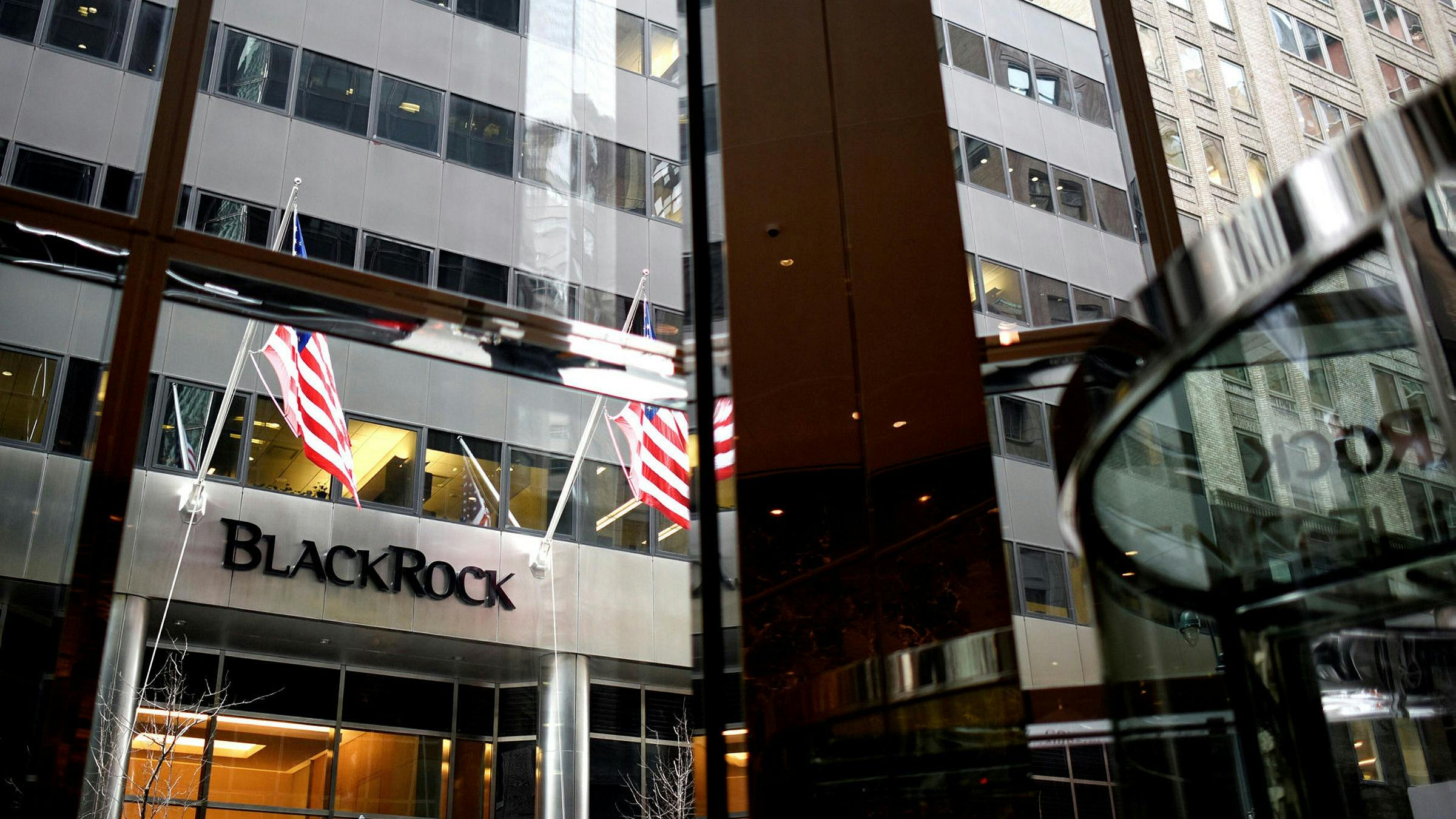 Financial Times
Financial Times
BlackRock vows to back more shareholder votes on climate change
BlackRock has vowed to back more shareholder resolutions on climate and social issues at annual meetings, as the world’s largest asset manager faces growing pressure to use its clout to change companies’ behaviour.
The $7.8tn asset manager has faced years of criticism after overwhelmingly backing management rather than voting for shareholder proposals on issues such as climate change.
Read more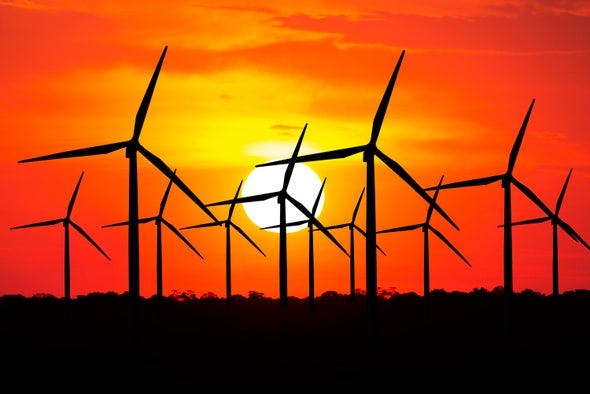 Scientific American
Scientific American
The U.S. Risks Locking In a Climate Health Crisis in Response to COVID
As COVID-19 cases and hospitalizations hit record highs in the United States, and the threat of a double-dip economic recession looms, many are calling for continued and enhanced government stimulus. While it is paramount that policy makers do all they can to address these urgent national interests, they must also take a long-term view. How they decide to allocate economic recovery funds will have lasting consequences, with the potential to either amplify or eradicate another deadly agent that has been freely proliferating for centuries: fossil fuels.
The short-term symptoms resulting from the extraction and burning of fossil fuels have long manifested, with air pollution claiming millions of lives each year and plaguing millions more with diseases of the heart, lungs and brain in the U.S. and beyond. In recent years, the longer-term symptoms have started to set in, with extreme weather events intensifying, food and water insecurity on the rise, and the first climate refugees, including Alaska’s coastal residents, being forced to abandon their homelands. As with the differentiated impacts of the novel coronavirus, it is the most vulnerable and marginalized who bear the brunt of our fossil fuel-driven society.
Read more Houston Chronicle
Houston Chronicle
Texas oil companies cashing in big on federal COVID-19 relief program
Since Congress launched its half-trillion-dollar initiative to aid small businesses during the coronavirus pandemic earlier this year, the oil and gas sector has become one of largest beneficiaries of the low-interest loan program in Texas.
Of the 100 companies that received the largest assistance checks in Texas, 29 were engaged in the oil and gas industry, the most any sector with the exception of food and restaurant industry, according to analysis of federal loan data released by the Small Business Administration under court order last week.
Read more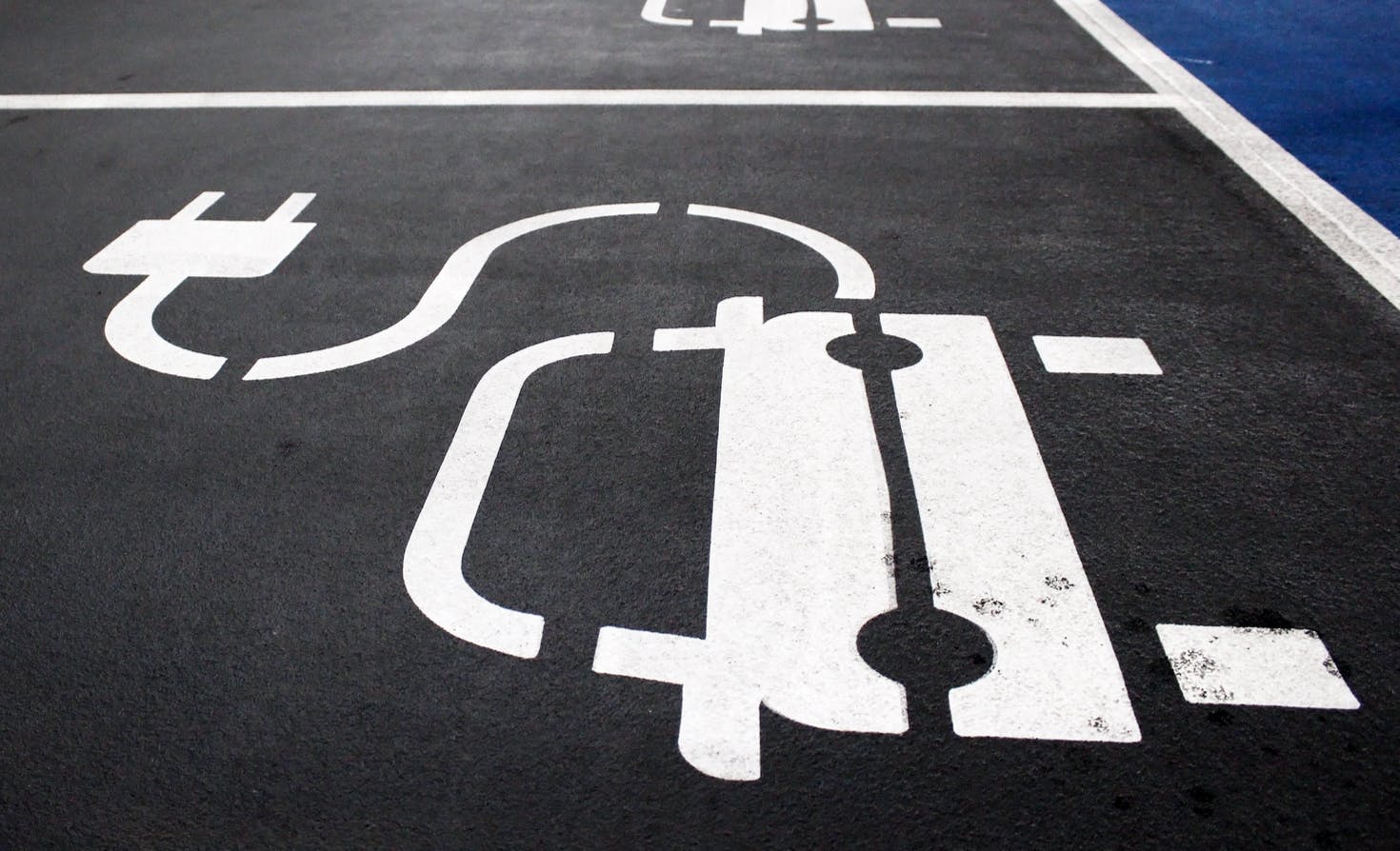 Green Biz
Green Biz
OPINION: Lessons from the Great Recession for COVID-19 green recovery
Governments are in uncharted territory as they respond to the economic impacts of the coronavirus pandemic — but that doesn’t mean they can’t learn from the past.
The most recent comparison is the global financial crisis that began in 2007. It was a smaller economic downturn than what we are experiencing today and the world didn’t simultaneously face a pandemic, but at the time, the recession was the worst since the Great Depression. By 2008 and 2009, governments around the world had launched major economic stimulus packages to reboot their economies.
Read more